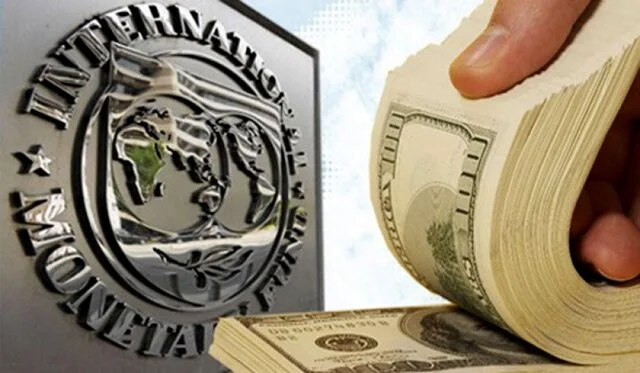The Controller of Budget (CoB) has advised President William Ruto to ditch the loans offered in dollars and borrow in other currencies.

According to the National Government Budget Implementation Review Report FY 2022/23, the tweaking of the Kenyan shilling against the dollar contributed to the increase in Kenya’s debt portfolio. It hit the Ksh 10 trillion mark in June before reform was passed on calculating the debt ceiling.
The parliament passed a new way of calculating the country’s debt ceiling. Instead of it being set at a cap as it was before, they are pegging it on the country’s GDP. This means that the debt ceiling can keep changing depending on the country’s GDP.
Kenya is currently borrowing loans in the dollar, and repayments are also done in the same currency. Consequently, the country is being exposed to various risks, including exchange risks. The exchange risk is attributed to the fluctuations in the exchange rate between the two currencies.
“The National Treasury should also explore opportunities of accessing funding in multiple currencies to guard against intense pressure on the local currency,” read the report in part.
The shilling continues to weaken as it reaches a world-record low by hitting the 150-mark against the dollar in mid-October 2023. As the dollar increases, so does the debt, which was borrowed in the same currency. This creates more pressure on Kenyans since the payment is higher.
Read Also: Kenyan Shilling Crosses 150-Unit Mark as Depreciation Continues
Kenya’s Debt
According to the Office of the Controller of Budget, Kenya’s debt portfolio has grown from Ksh 8.63 trillion on June 30, 2022, to Ksh 10.25 trillion as of June 30, 2023.
“The exchange rate between the Kenya shilling and the US dollar was roughly Ksh117.87 in July 2022, while in June 2023, it averaged Ksh141.14, a difference of Ksh23.27 (approximately 18.9 per cent exchange rate depreciation),” read the report in part.
“Depreciation of the Kenyan shilling caused an increase in the debt stock and debt repayments (principal and interest) in Kenya shilling terms. The continuous depreciation of the Kenya shilling will necessitate an increase in the amount required for loan repayments.”
In addition to that, the report also cautioned that the government could be forced to make budget adjustments to address the growing debt. This means that we cannot afford, as a country, to keep borrowing loans due to our debt increase. We also need to start paying off these loans. Consequently, our rate of expenditure has to be reduced.
“There is a need for fiscal consolidation with a target to reduce deficit budget financing and focus on tax administration measures to boost revenue collection.”
Already, Ruto has directed the ministries to reduce their budget by 10 per cent owing to financial constraints.
On the other hand, the Controller of Budget also recommended a special audit of the existing loans and committed loans, which will link the loans with the projects funded through borrowed funds.
Subscribe to Switch TV















